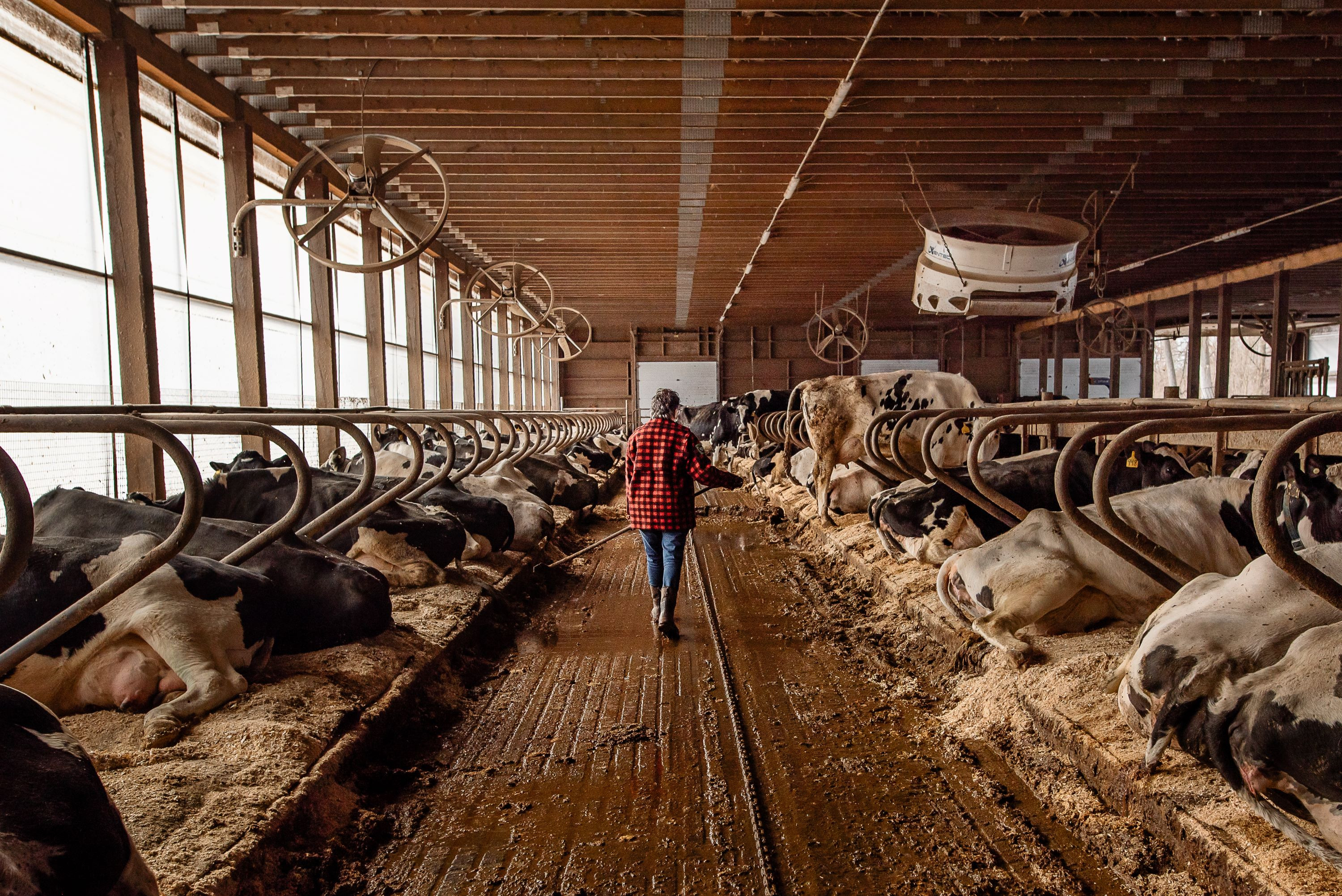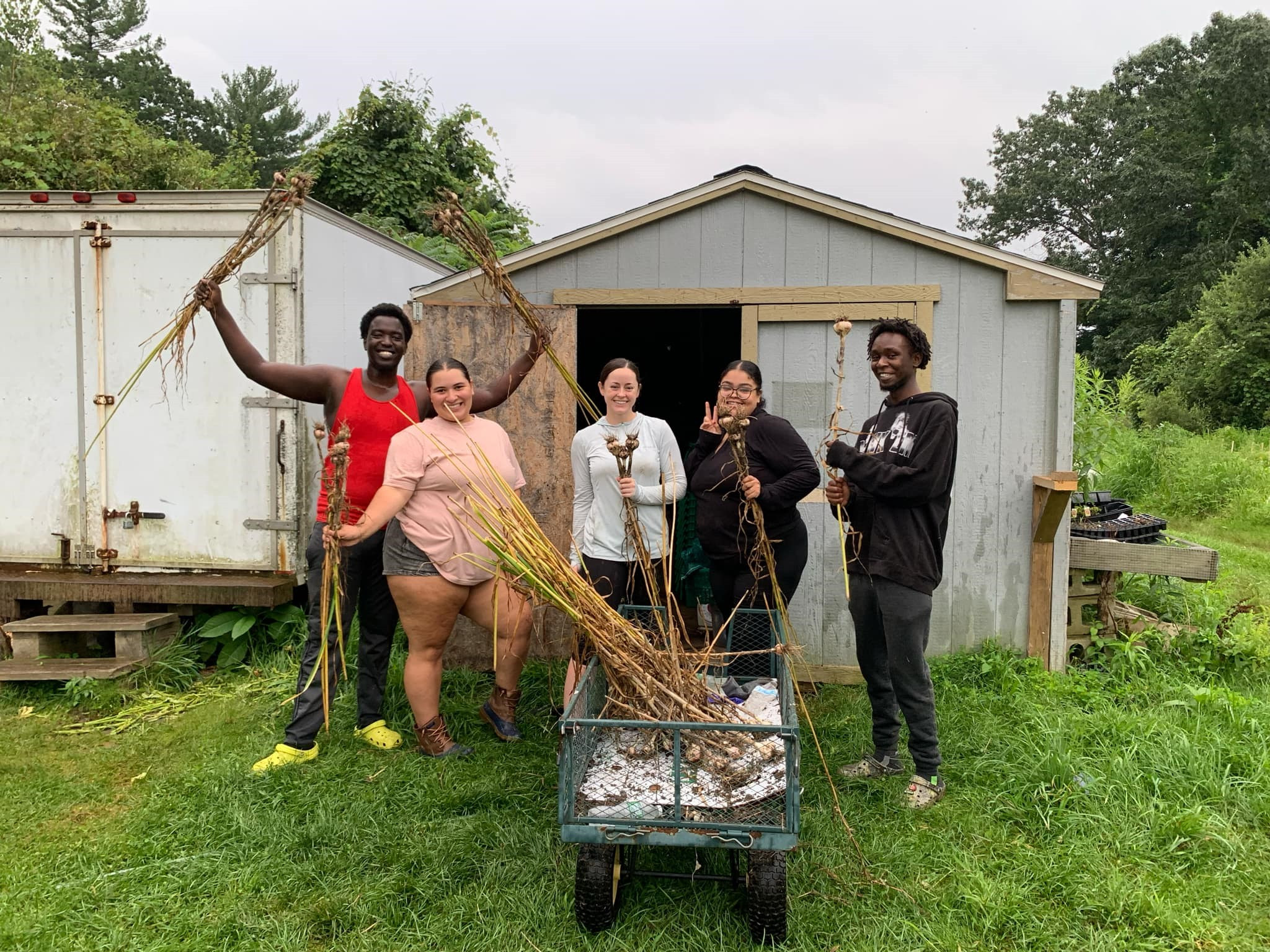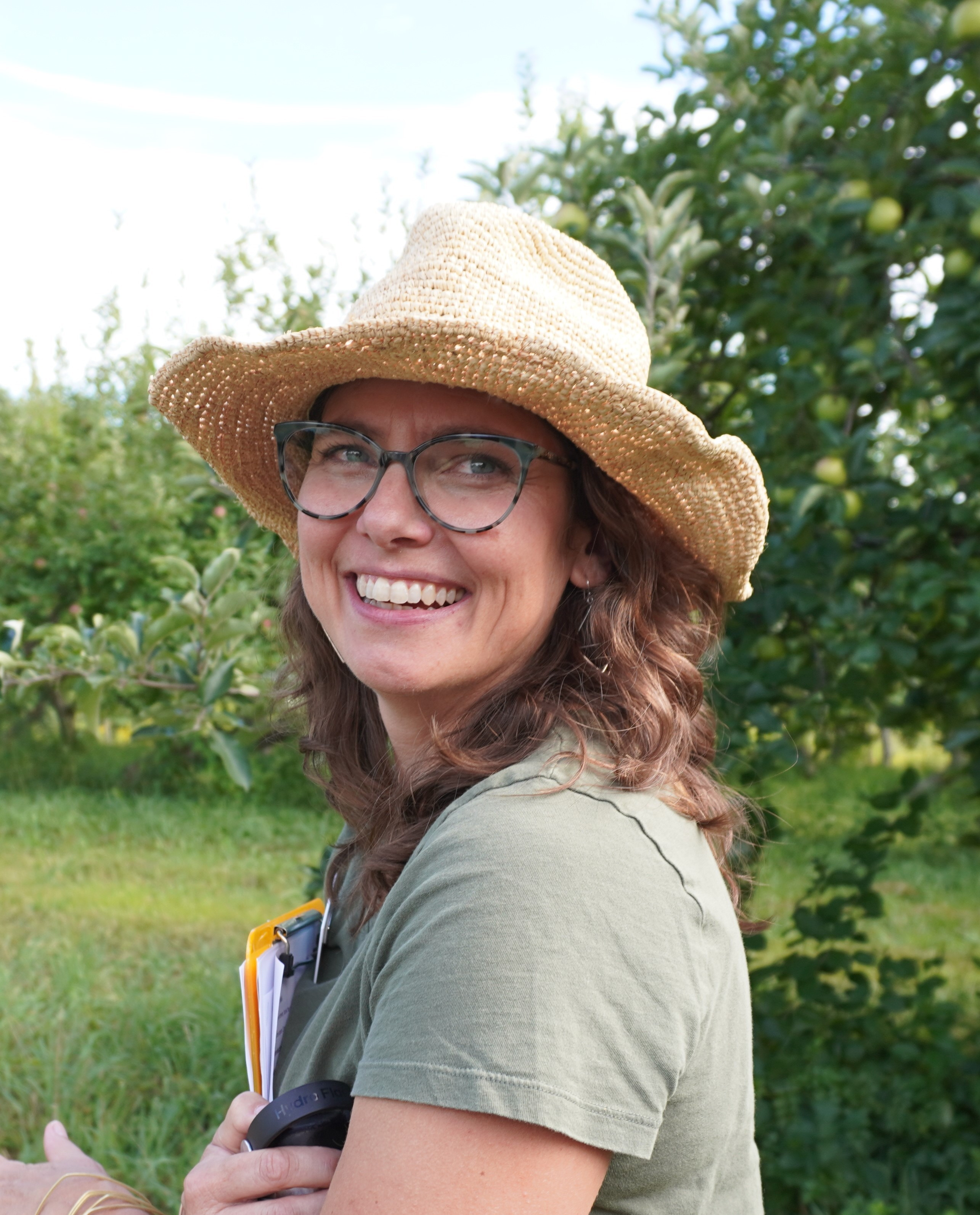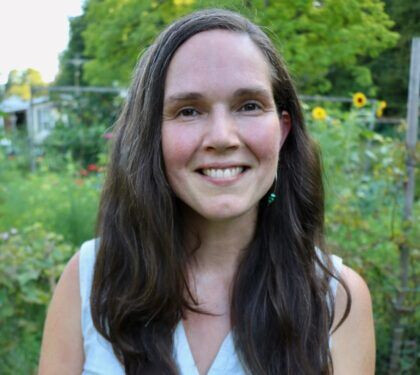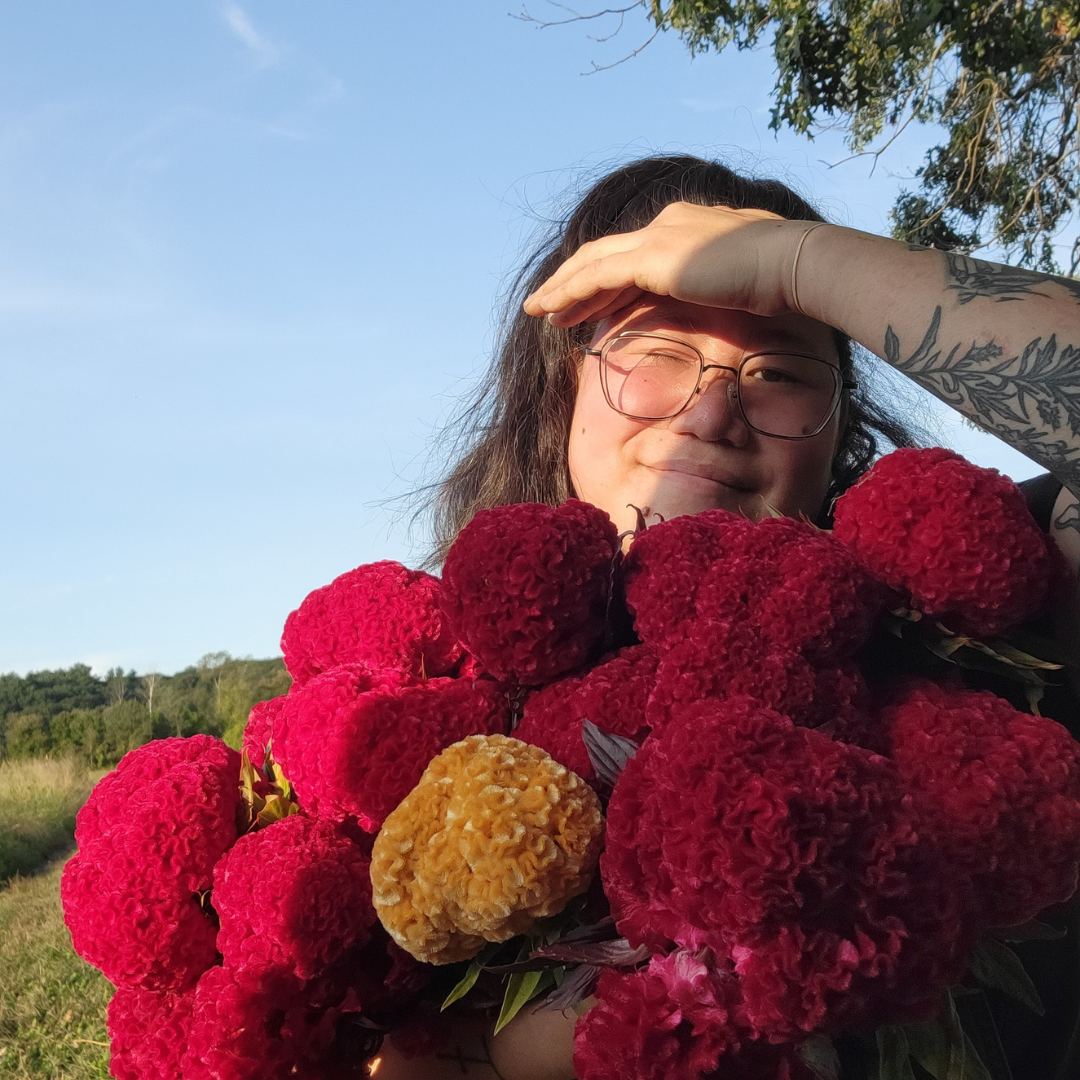These profiles aim to create a more inclusive, sustainable, and resilient agricultural community in Massachusetts, where the contributions of women farmers are recognized and valued. Healthier soils support farmers in weathering droughts, reducing erosion from heavy rains and cycling nutrients, and many farmers look to changes in tillage and cover cropping to improve their soil health. Conservation tillage has gained traction, particularly on dairy farms, but vegetable producers still face barriers. A lack of technical support and access to specialized equipment continues to slow adoption, especially for smaller-scale farmers already navigating limited resources. Similarly, challenges with cost, timing, and technical knowledge limit farmers' ability to implement cover crops in the Northeast.
There’s no single path to implementing soil health practices, and although over 40% of farmers in New England are women, they have historically faced more barriers to accessing conservation programs and networks. Narratives about who farms continue to be influenced by traditional gender roles, and while women are increasingly playing primary decision-making roles on farms they are also disproportionately impacted by issues of childcare, healthcare, land ownership, labor and financial capital.
Peer-to-peer networks, especially those prioritizing women’s leadership, are proven to help spread innovations and build confidence in new approaches among underrepresented groups. When farmers are supported to take a whole-systems approach to conservation tillage and cover cropping—including adjusting nutrient management and equipment—they are more likely to succeed and share what they’ve learned with others.
American Farmland Trust is working to raise awareness about the role of women and non-binary farmers in agriculture, and their role in stewarding soil health and conservation on farmland. Regional AFT staff in New England collaborate with the national The Women for the Land (WFL) program to expand narratives about who farms, celebrate the contributions of farmers from diverse backgrounds, and to convene Learning Circles. Learning Circle are spaces created by and for women and nonbinary farmers to connect, share knowledge, and access the tools they need to lead in conservation and care for their land, and they are often supported through partnerships with organizations led by and serving farmers of color.



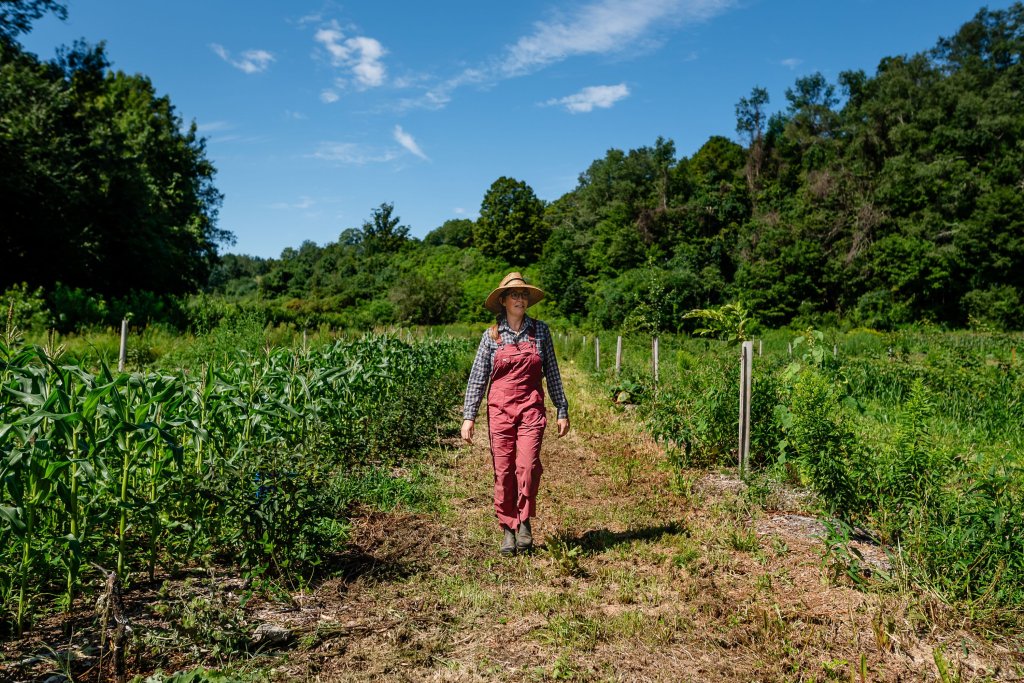



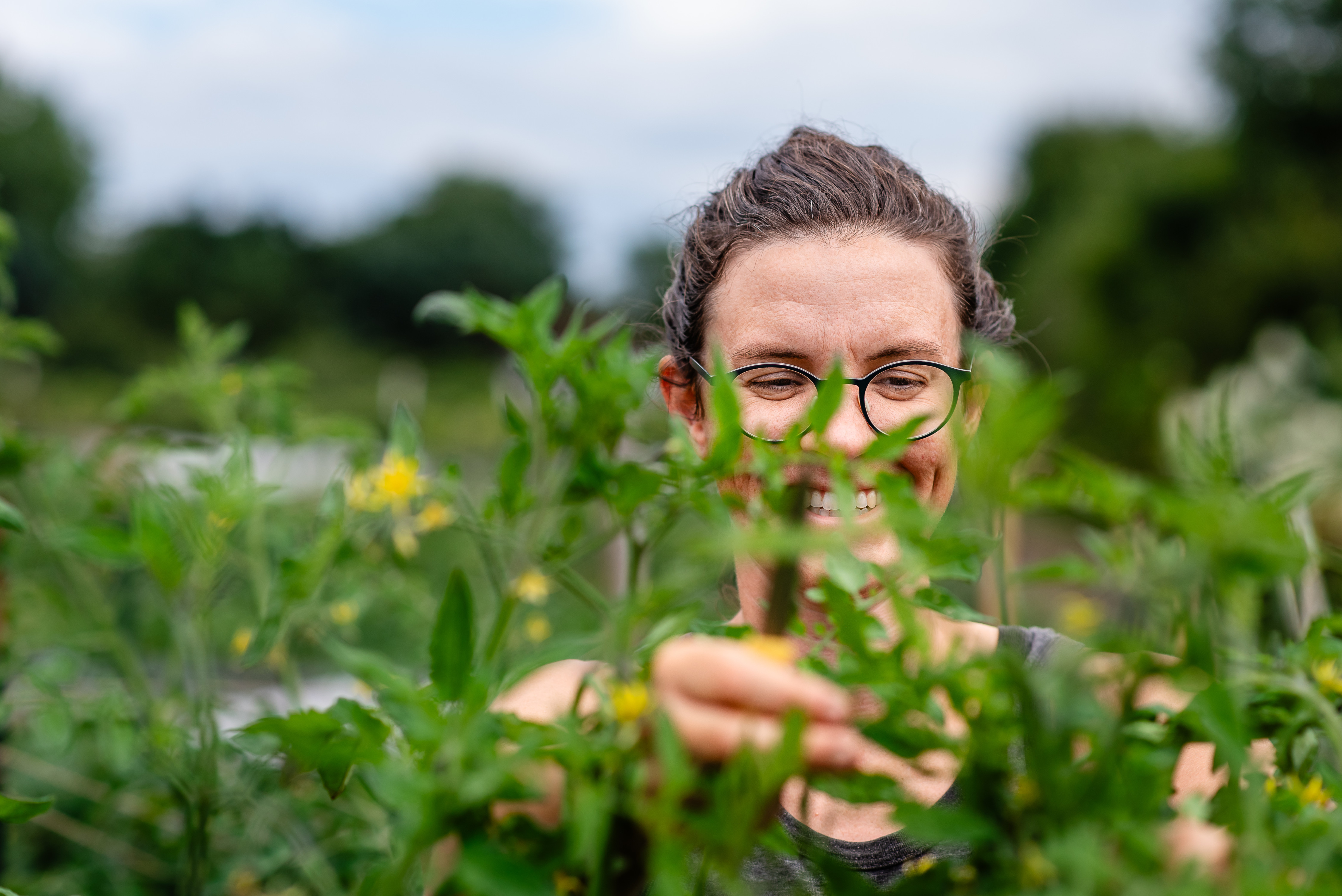
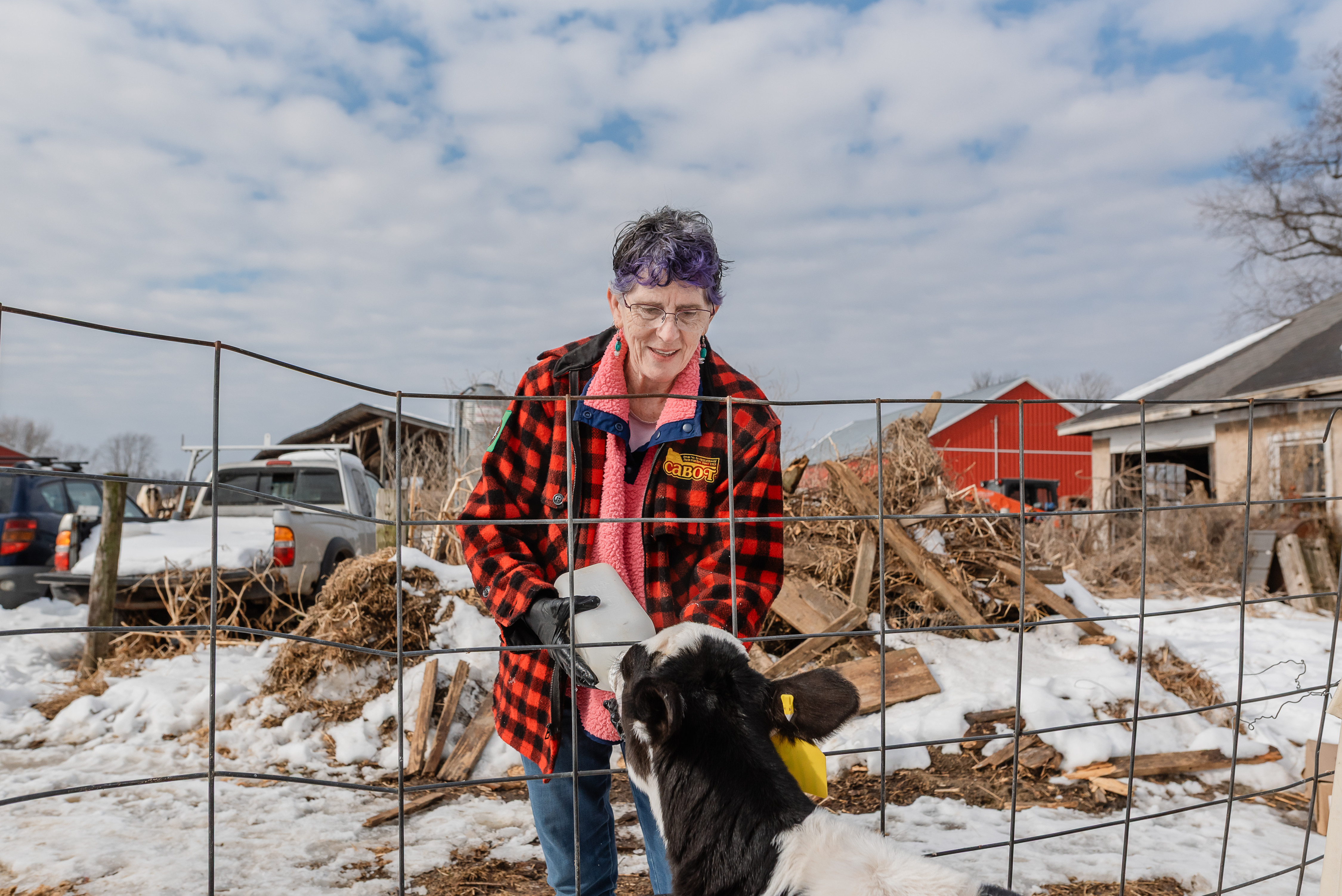
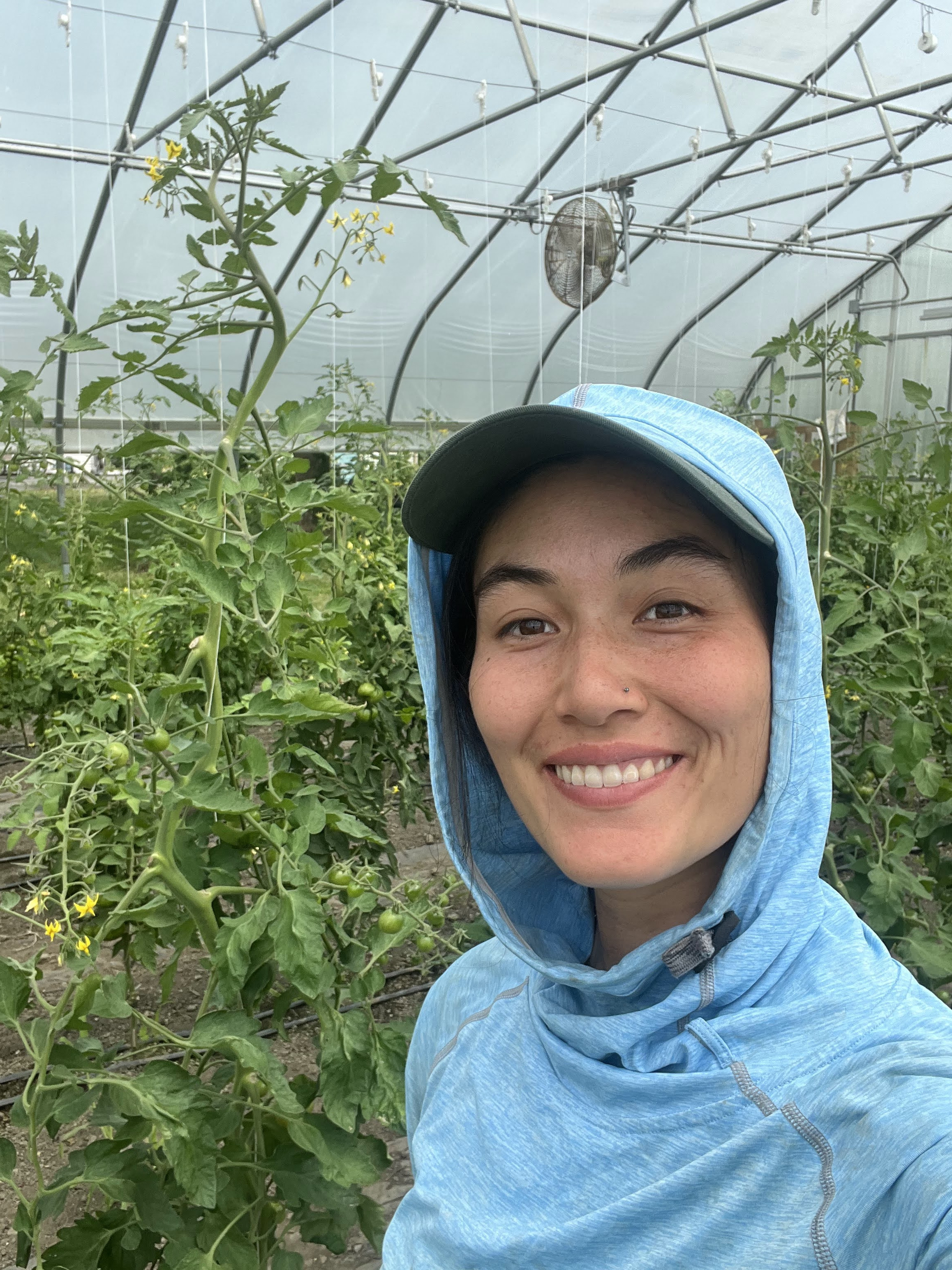
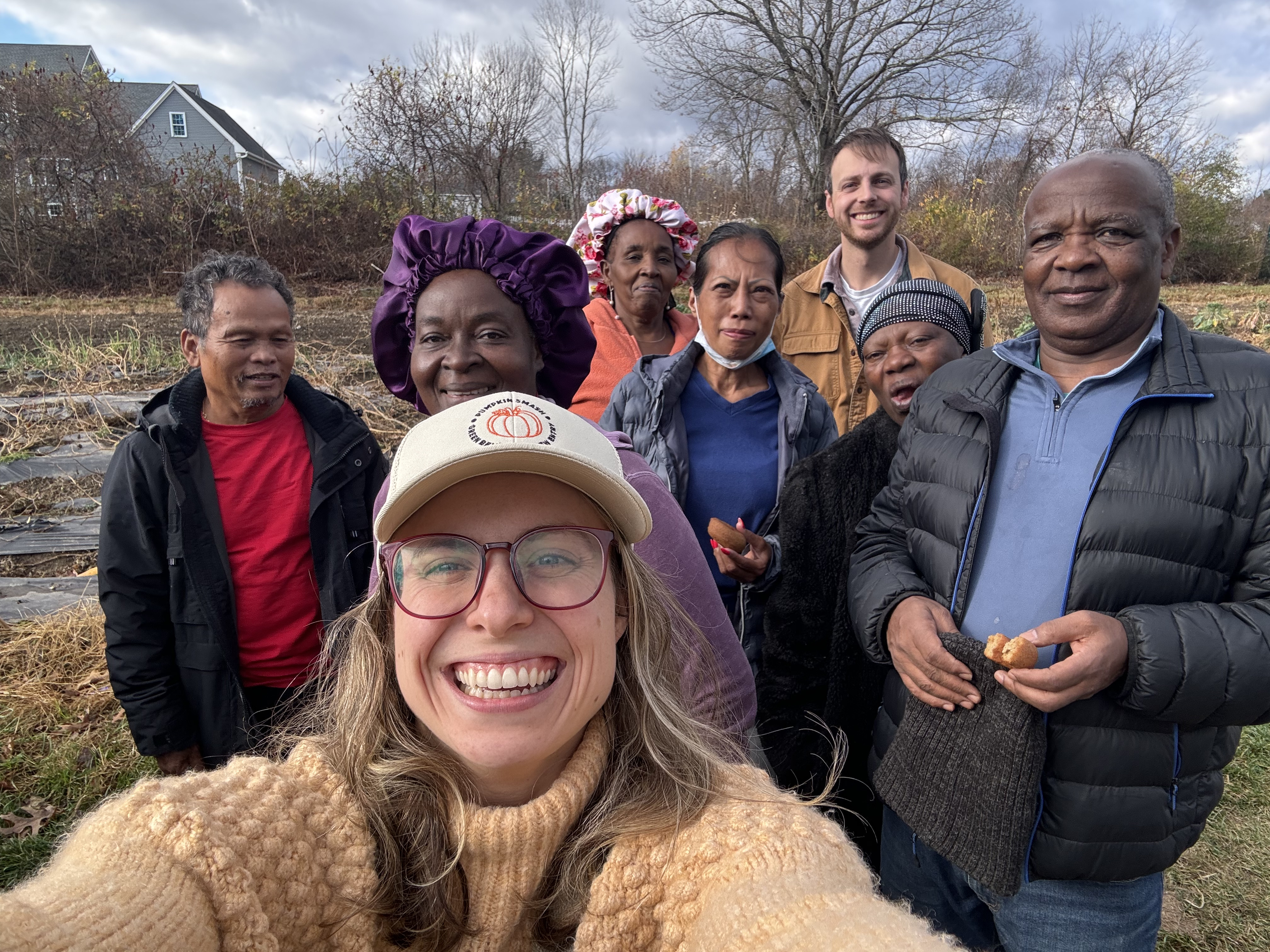
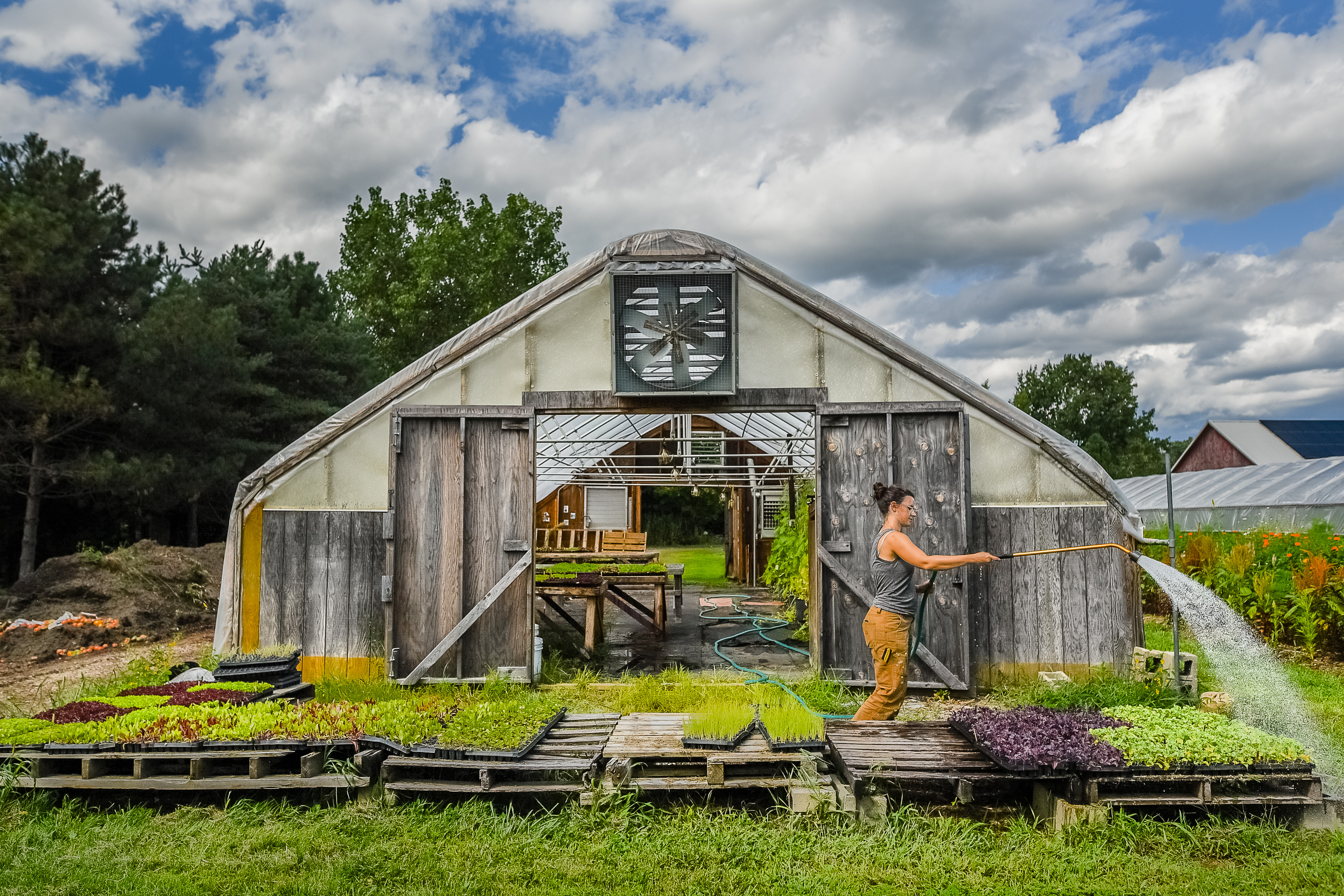
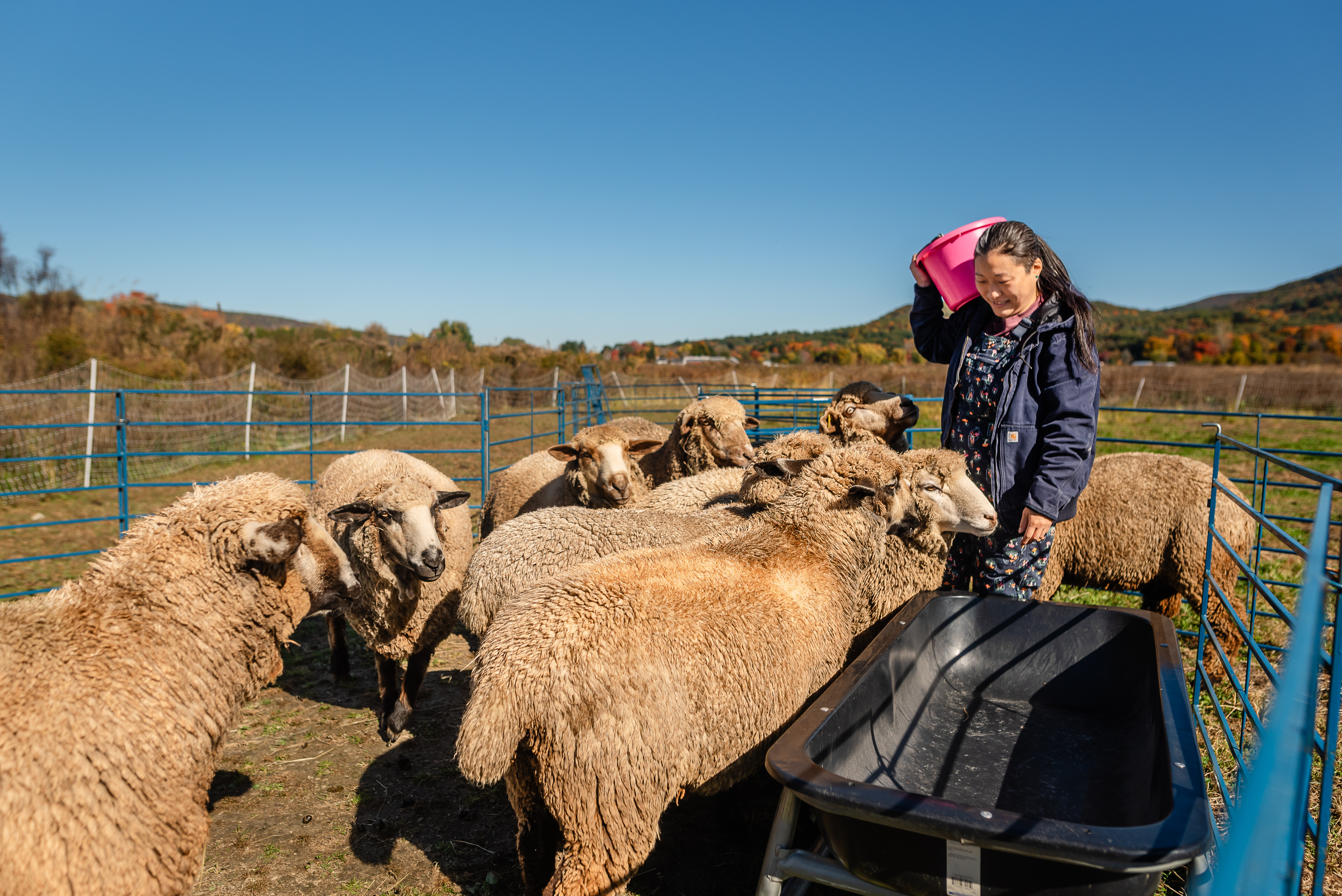
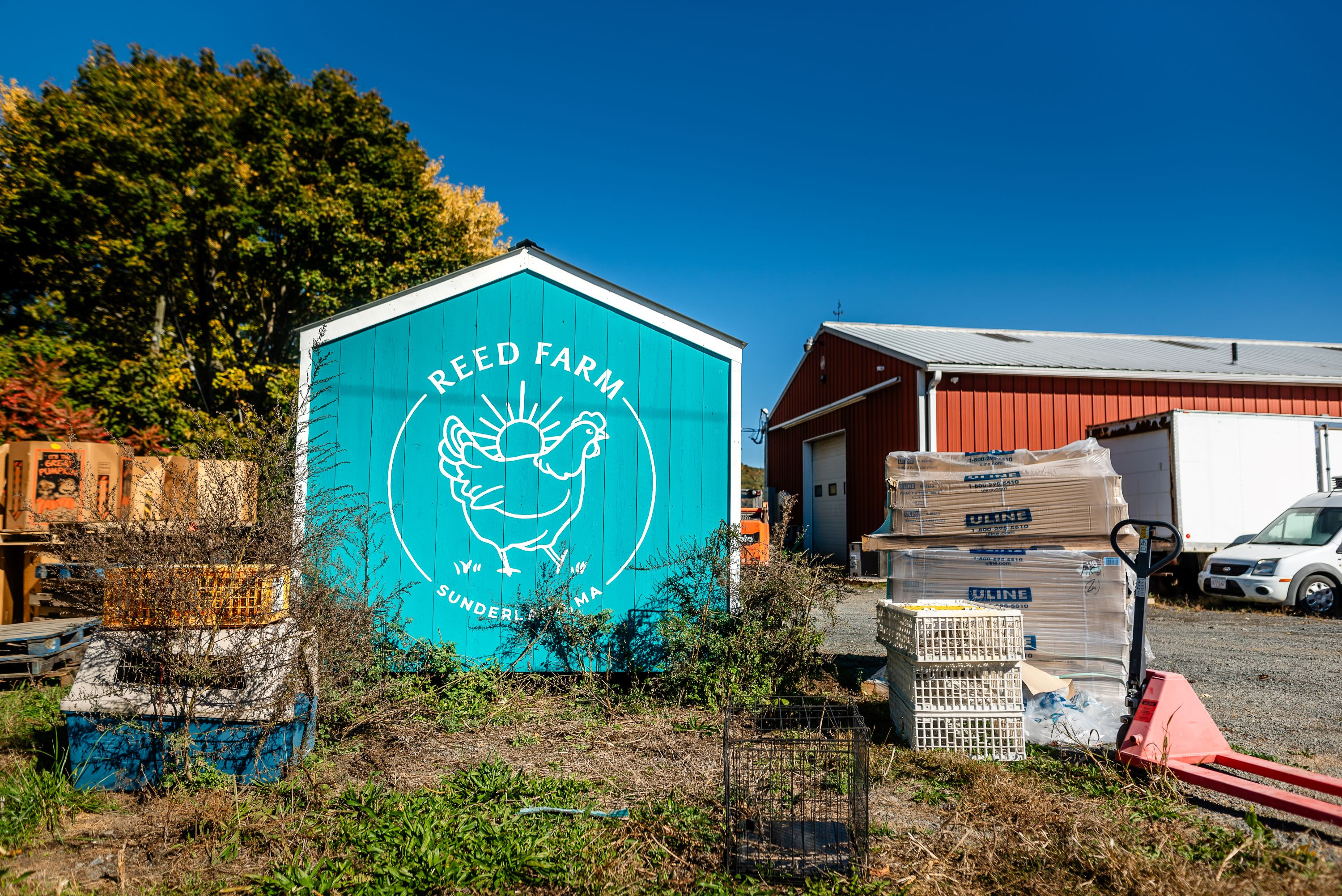
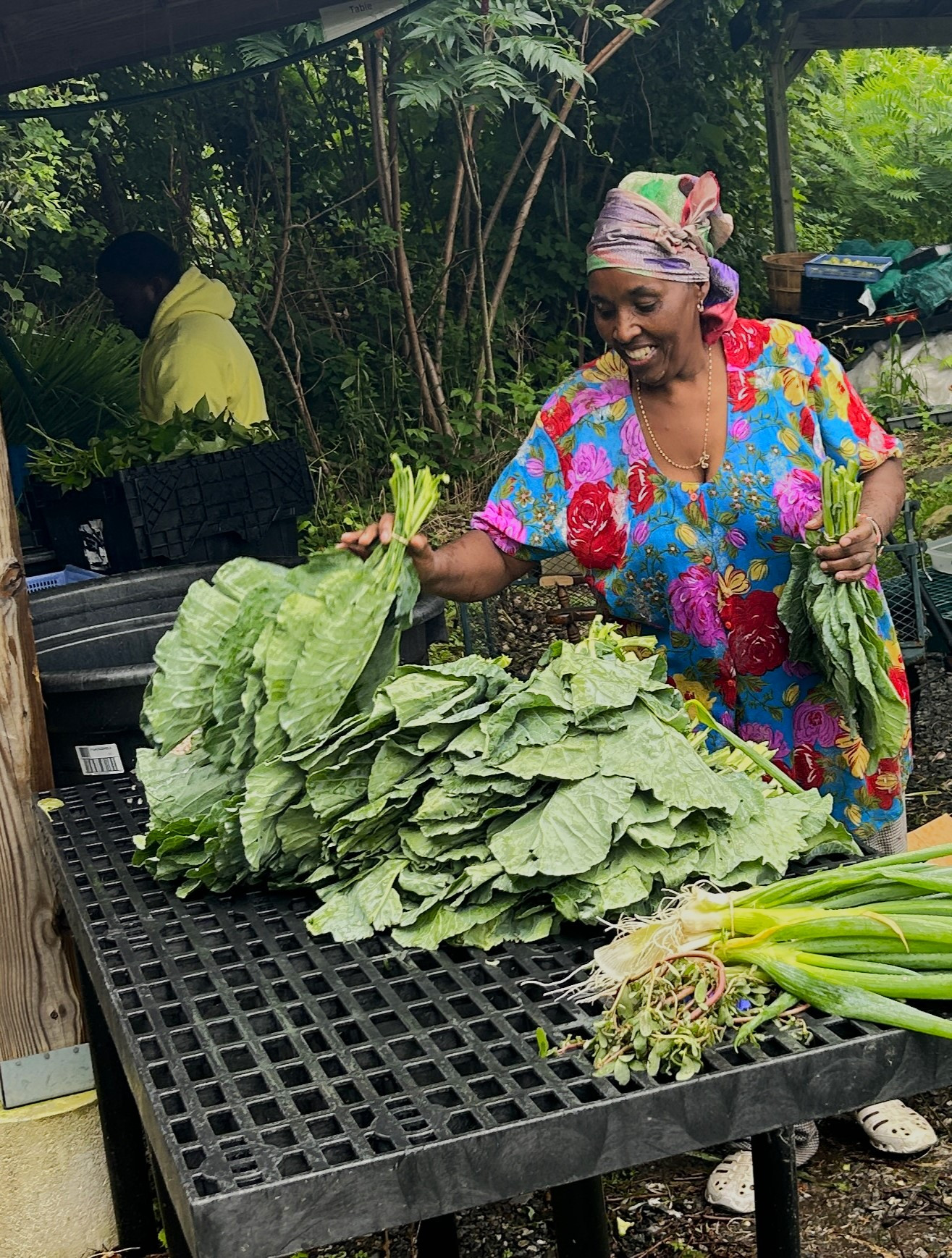
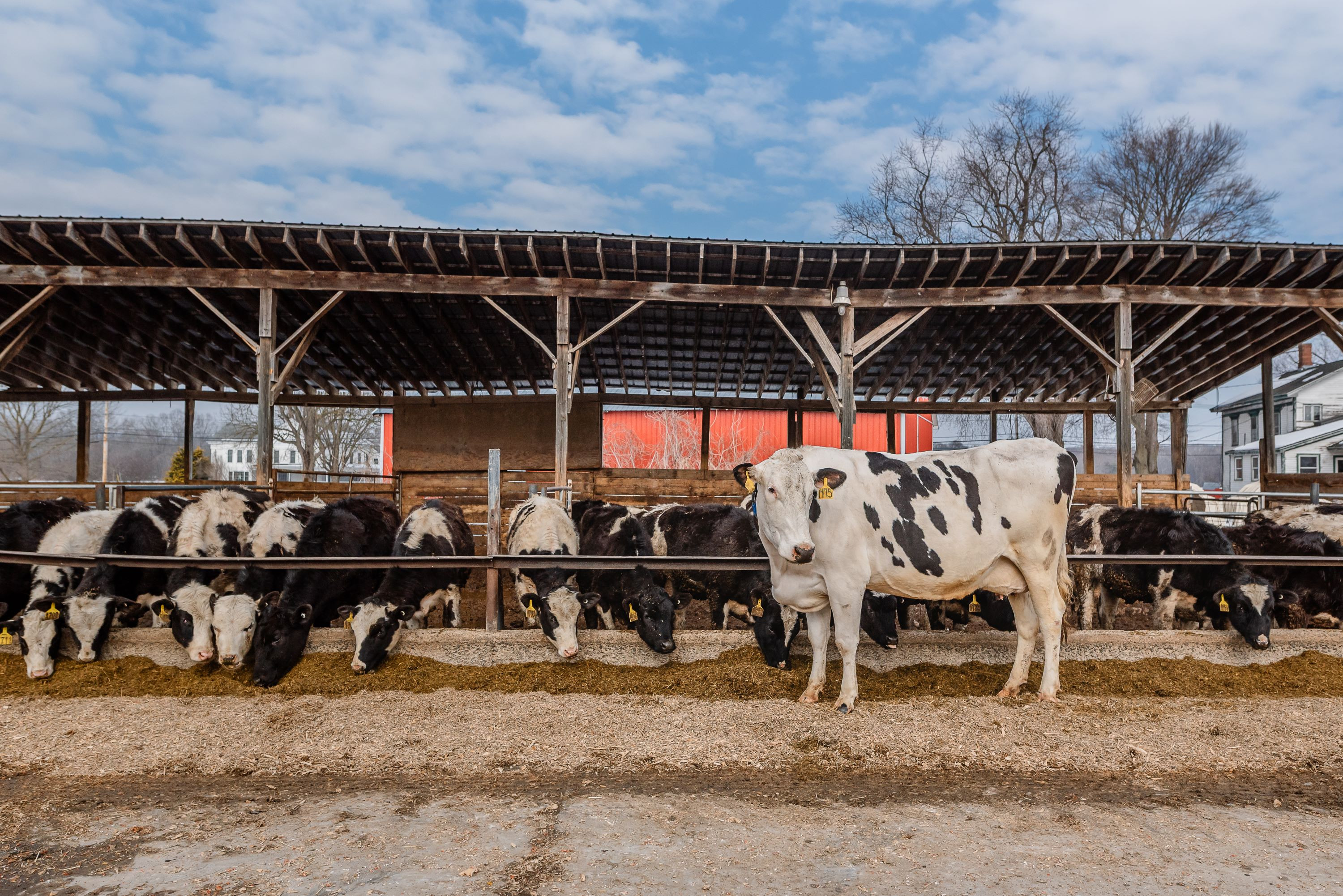
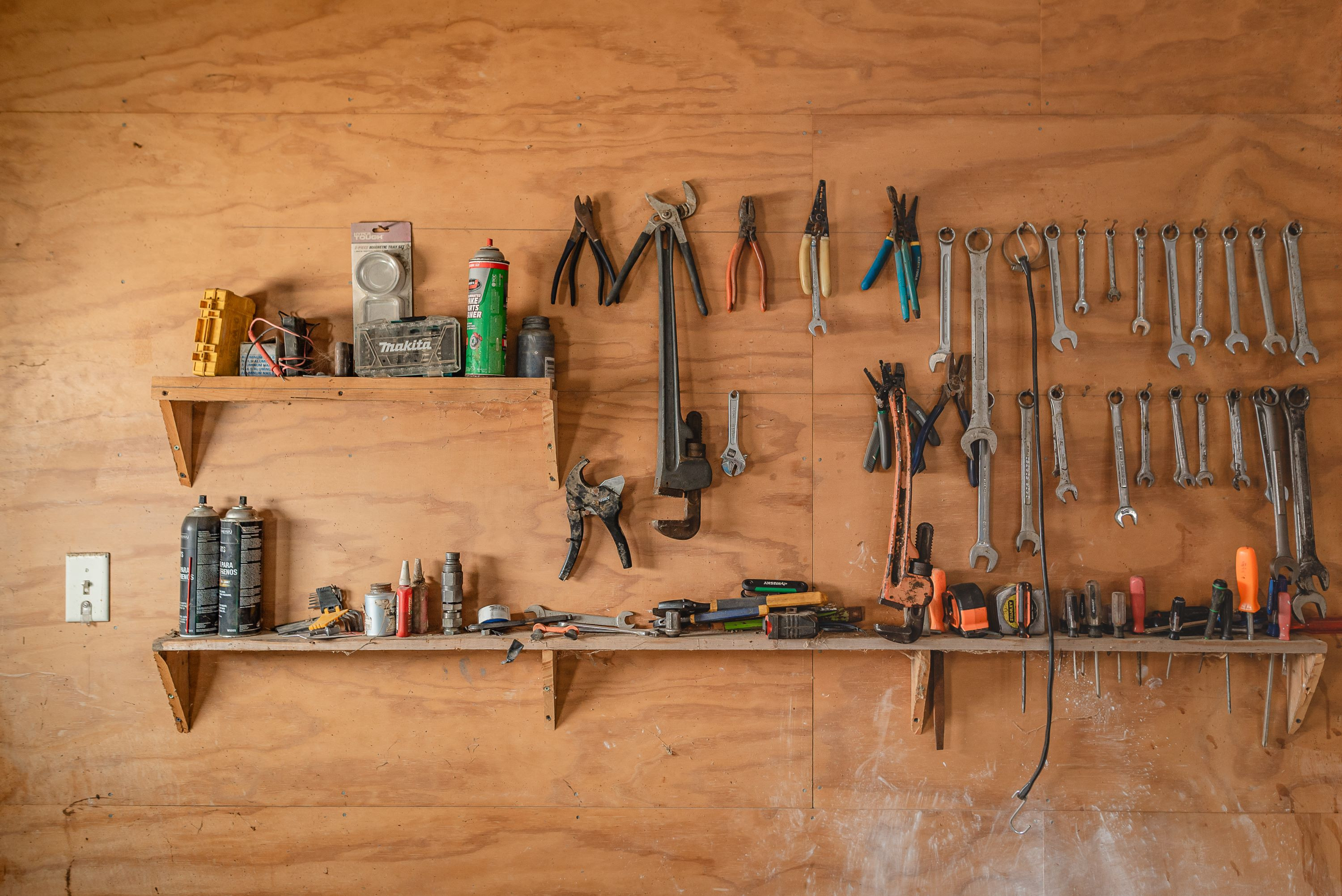
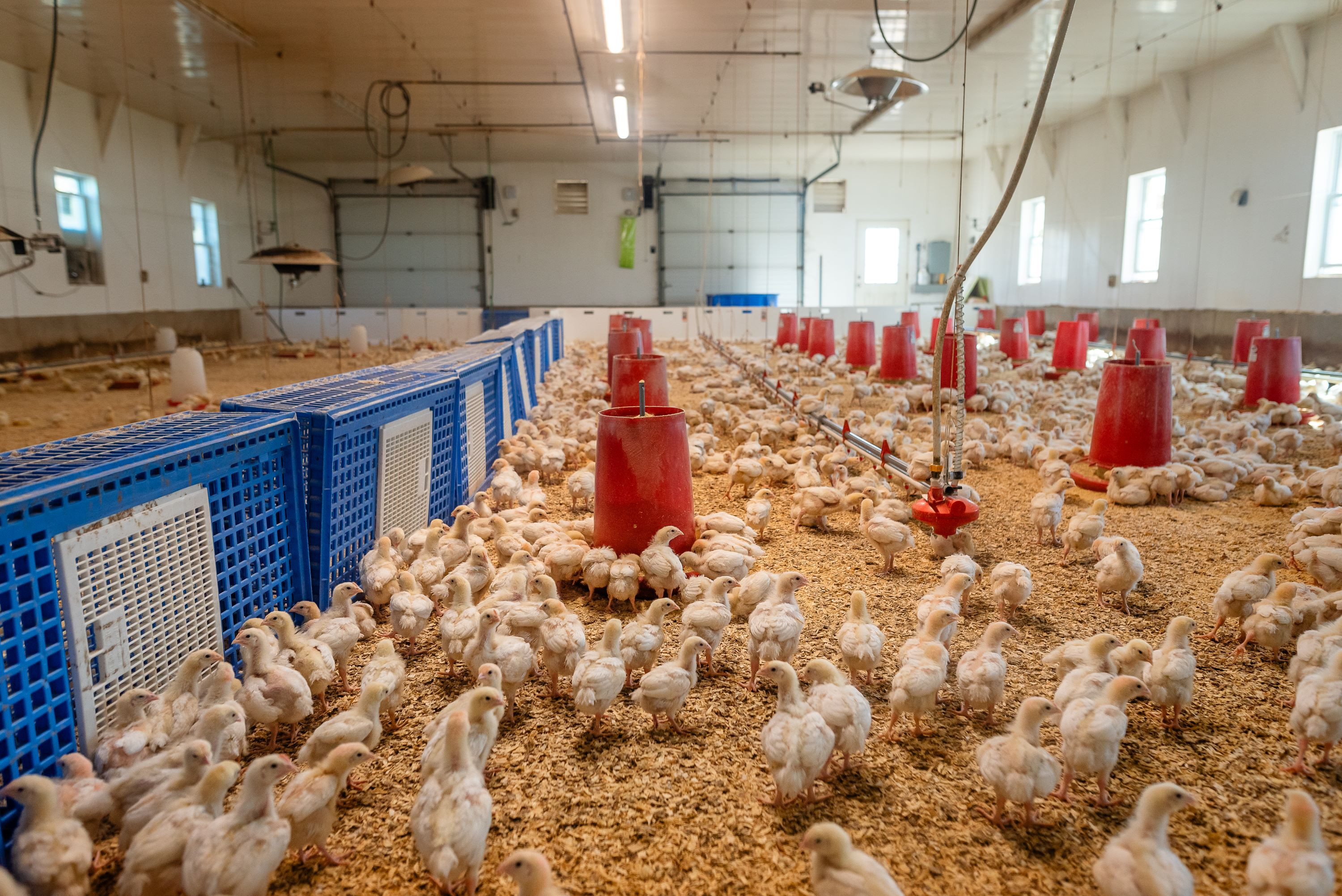
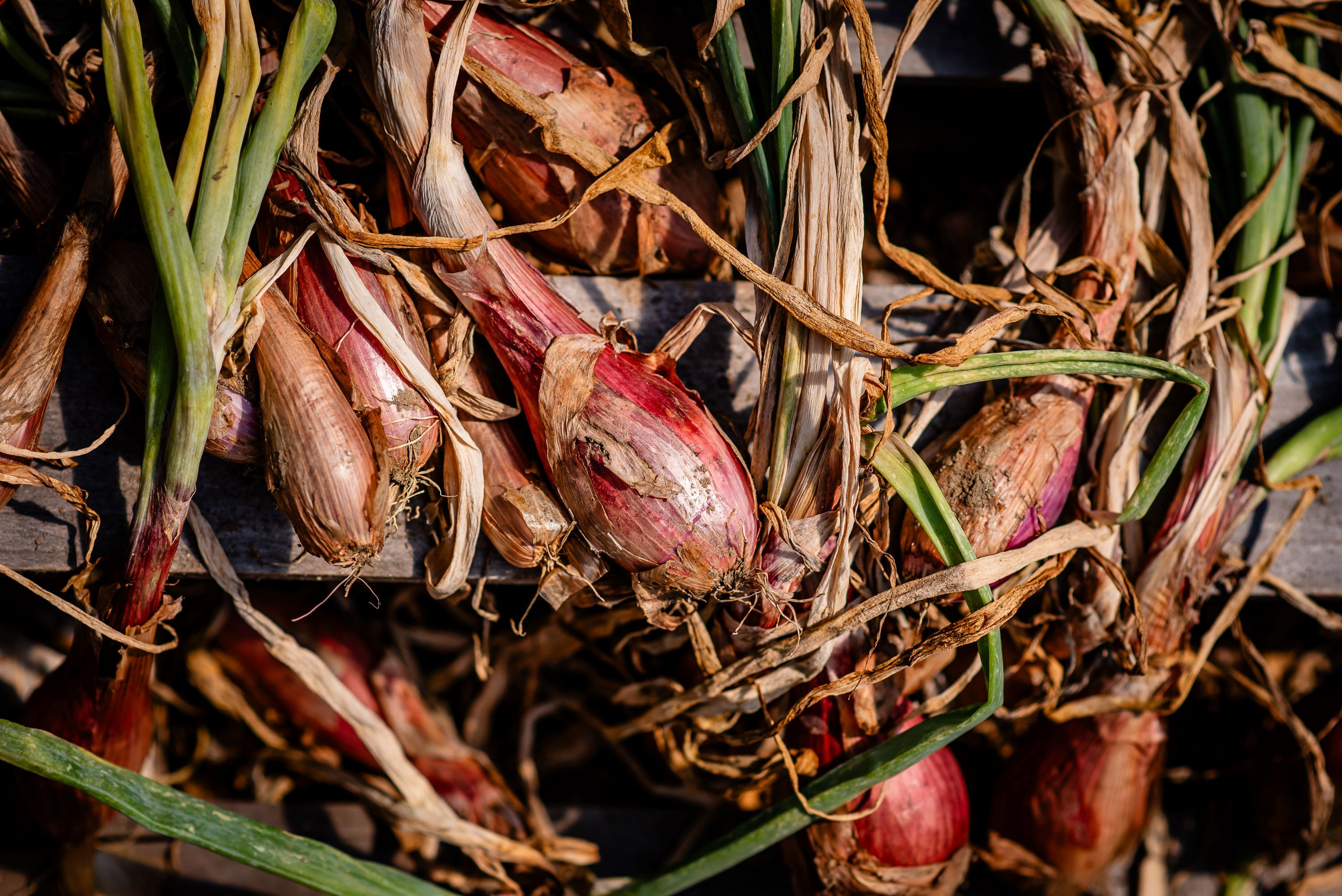
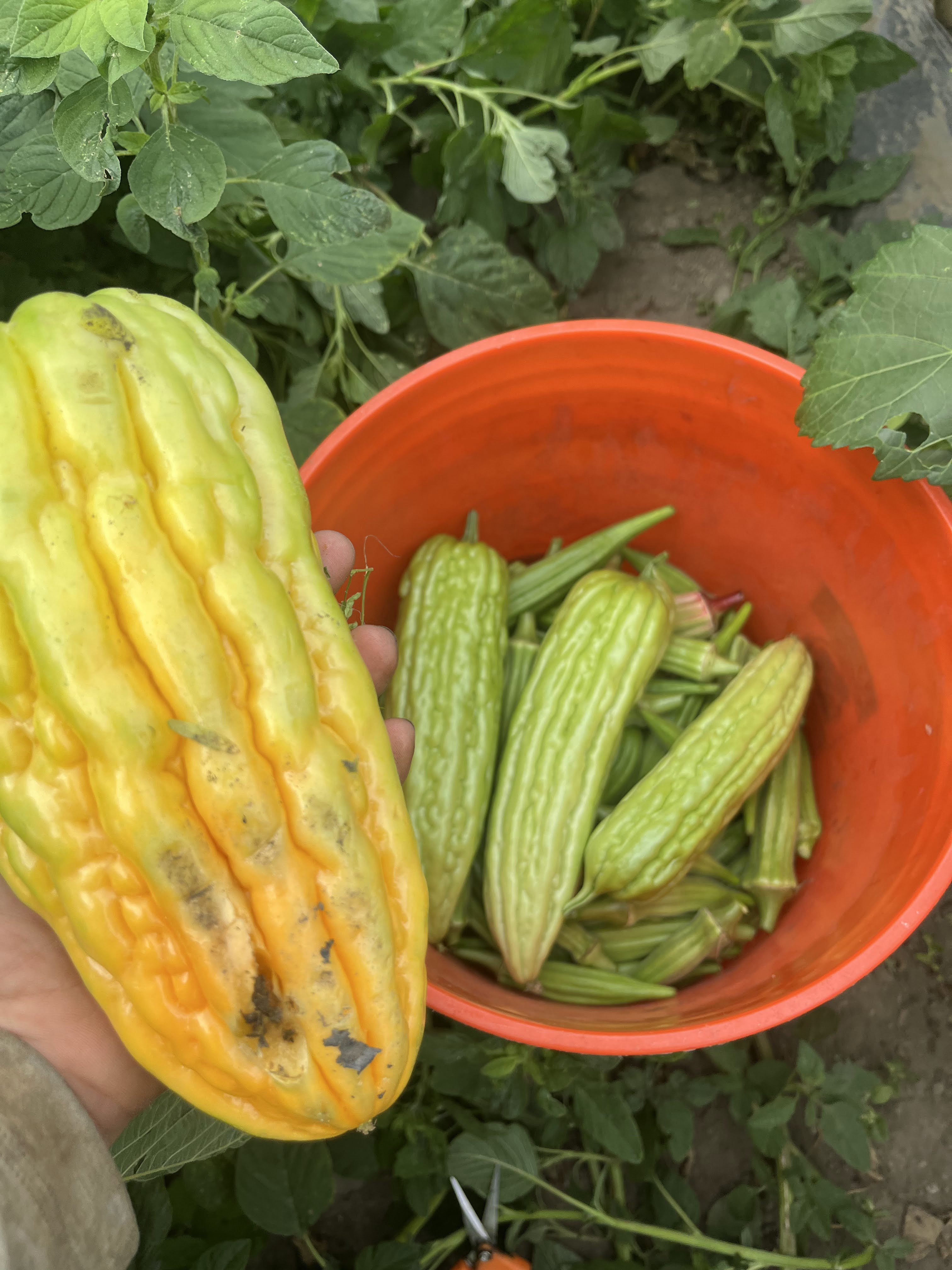
.jpeg)
